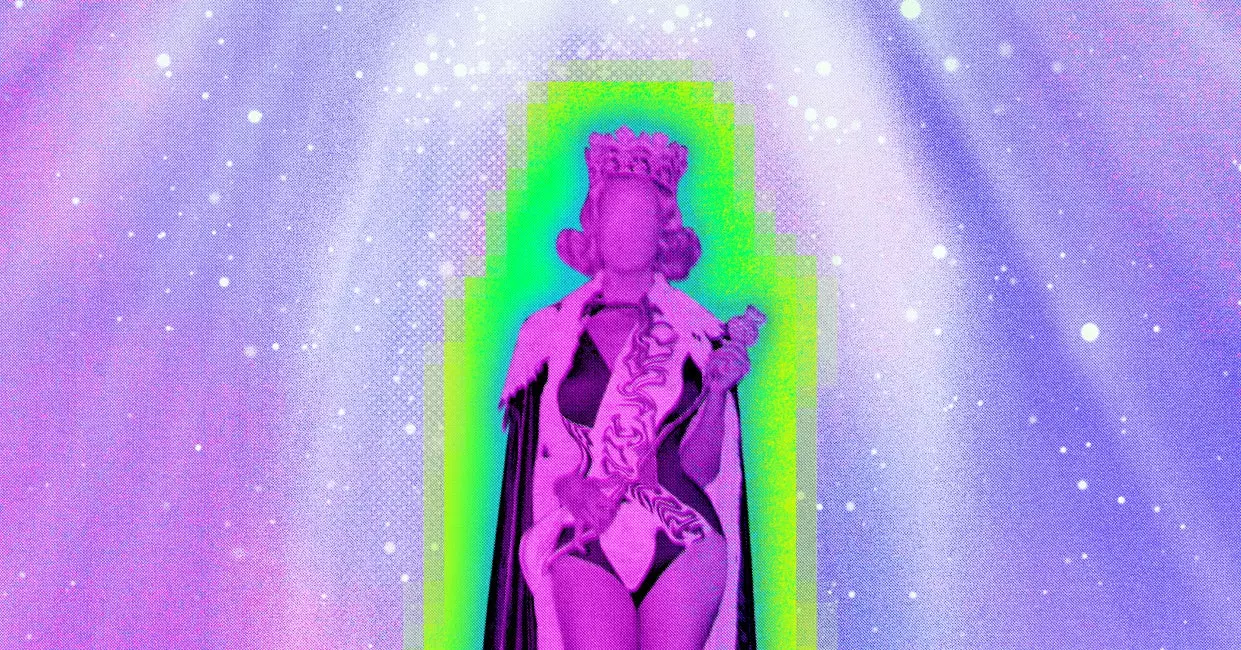AI beauty pageants, such as the one organized by Fanvue, have raised concerns about the perpetuation of stereotypes about beauty. According to sociologist Hilary Levey Friedman, these contests often draw on traditional ideas of beauty that may not align with everyone’s perspective. The contestants in AI pageants are products of their creators, and as a result, they tend to conform to a narrow definition of attractiveness. Friedman points out that even in the realm of AI, where creators have the freedom to design any appearance, they still lean towards conventional standards of beauty. This raises questions about the diversity and inclusivity of these virtual beauty competitions.
While traditional beauty pageants typically focus on physical appearance, AI pageants like the World AI Creator Awards take a different approach. In addition to evaluating contestants based on their looks, these competitions also consider factors like social media influence and the creativity of their creators. This shift in judging criteria reflects the evolving landscape of beauty standards in the digital age. However, it is important to question whether these new parameters truly challenge existing beauty norms or if they simply reinforce them in a different form.
The use of artificial intelligence in creating images of beauty has sparked a debate about the representation of diversity. A study by the Washington Post revealed that AI programs tend to generate images of women that align with a narrow conception of beauty – thin, light-skinned, and young. This limited portrayal of beauty raises concerns about the lack of diversity and inclusivity in AI-generated content. It also underscores the influence of mainstream media and societal standards on the development of AI technology.
The media’s portrayal of beauty standards and the entertainment industry’s influence on popular culture can shape the algorithms used in AI image generation. Sandhini Agarwal, OpenAI’s head of trustworthy AI, highlights the interconnectedness between how people are depicted in various forms of media and the images produced by AI systems. The prevalence of thin, beautiful women in mass media leads to a reinforcement of these ideals in AI-generated content, creating a cycle of beauty standards that may exclude marginalized groups.
Despite the technological advancements in AI image generation, there are inherent challenges related to representation and diversity. The AI beauty pageants raise questions about the ethical implications of perpetuating narrow beauty standards through automated systems. The lack of visibility for individuals with diverse appearances in AI-generated content underscores the importance of ensuring inclusivity and representation in these virtual spaces. As AI continues to evolve, it is crucial to address the biases embedded in the algorithms and work towards a more diverse and equitable digital landscape.
The emergence of AI beauty pageants sheds light on the complex interplay between technology, beauty standards, and societal norms. While these competitions provide a platform for creativity and innovation, they also pose significant challenges in terms of representation and diversity. As we navigate the digital age, it is essential to critically examine the impact of AI on our perceptions of beauty and identity, and strive towards a more inclusive and socially responsible use of technology.


Leave a Reply